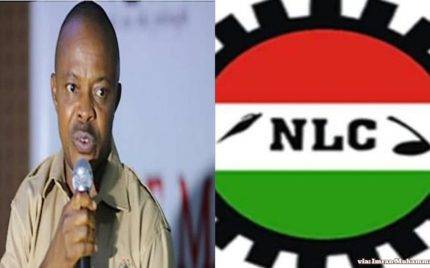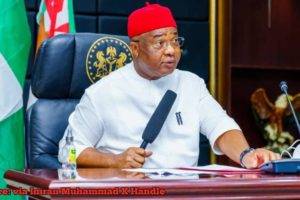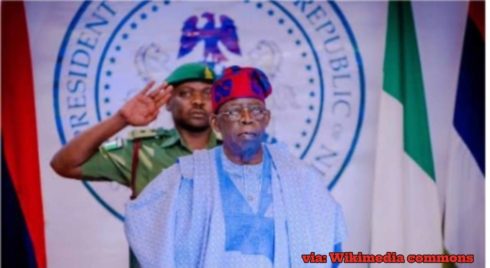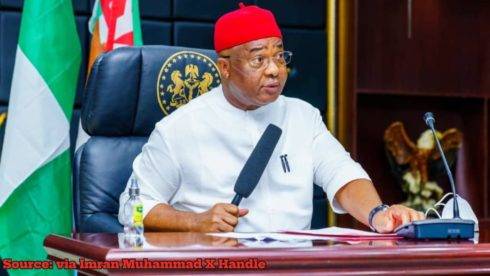The Nigeria Labour Congress (NLC) and Civil Society Organisations (CSOs) have expressed dissatisfaction with the recent reduction in the pump price of Premium Motor Spirit (PMS) to N935 per litre, calling for further cuts to ease the economic burden on Nigerians.
Speaking on Monday, a senior official of the NLC, Chris Onyeka, criticized the pricing framework, emphasizing that it does not reflect the true cost of locally refined fuel. Onyeka argued that Nigerians should not pay prices influenced by costs associated with imported fuel, including foreign labour, freight, and insurance.
“This is not the right price for PMS. Products are refined in Nigeria, yet the price is based on imported products. Why should we applaud this?” Onyeka asked. He further called on the government to disclose the true cost of refining PMS domestically, urging a shift to a pricing mechanism that aligns with local realities.
CSOs Call for Transparency and Lower Costs
The Centre for Accountability and Open Leadership (CAOL) also voiced concerns about the high fuel cost. Its chairman, Debo Adeniran, argued that N935/litre is still expensive, suggesting that free distribution of PMS to citizens is a feasible option. Adeniran highlighted examples of other oil-rich countries, such as Libya under Muammar Gaddafi, where petrol was distributed for free without significant losses.
Similarly, Ibrahim Rafsanjani, Executive Director of the Civil Society Legislative Advocacy Centre, commended the price reduction by private entities but criticized government enterprises for failing to match these efforts. “If a private company can reduce prices and still make a profit, why can’t government-owned enterprises consider the plight of citizens?” he questioned.
Price Reduction Sparks Mixed Reactions
The recent price reduction, spearheaded by Dangote Petroleum Refinery in partnership with MRS, saw petrol prices drop to N935/litre at MRS filling stations nationwide. This move followed a reduction in the ex-depot price from N970 to N899.50 per litre. However, major and independent marketers have yet to implement the new pricing, citing unsold old stock purchased at higher prices.
Checks revealed that NNPC’s retail outlets in Abuja have adjusted prices to N965/litre, down from N1,040/litre, prompting long queues at stations. Commuters like Hassan expressed optimism about the reduction, noting that it could positively affect transportation costs. Meanwhile, other outlets like AA Rano and NIPCO maintained prices above N1,030/litre, citing inventory challenges.
Calls for Uniform Pricing Across Nigeria
Nigeria Labour unions and motorists have urged the government to enforce uniform pricing nationwide to ensure equity and accessibility. A motorist in Abuja highlighted the disparity, saying, “NNPC has reduced its price to N965, but other stations are selling at different rates. This inconsistency creates confusion for consumers.”
The Nigeria Labour Congress maintained its stance, urging the government to prioritize the welfare of citizens by reducing petrol prices further. Onyeka reiterated, “Let Nigerians breathe. This country belongs to all of us, and the government must do the right thing.”
The growing discontent underscores the urgent need for a transparent fuel pricing mechanism that reflects the realities of domestic refining and eases the economic burden on Nigerians.
Market Response and Distribution Network Adjustments
MRS Oil and Gas has fully implemented the new N935/litre price point across its nationwide network, following its partnership with Dangote Petroleum Refinery. This collaboration emerged after Dangote reduced its ex-depot price to N899.50 per litre.
However, the transition to lower prices has not been uniform across all retailers. Various stations continue to sell at different price points, ranging from N1,030 to N1,070 per litre, citing the need to clear existing inventory purchased at higher rates. This price disparity has created a complex market situation where consumers must navigate between different outlets to find the most competitive rates.
Table of Contents
Discover more from OGM News NG
Subscribe to get the latest posts sent to your email.












